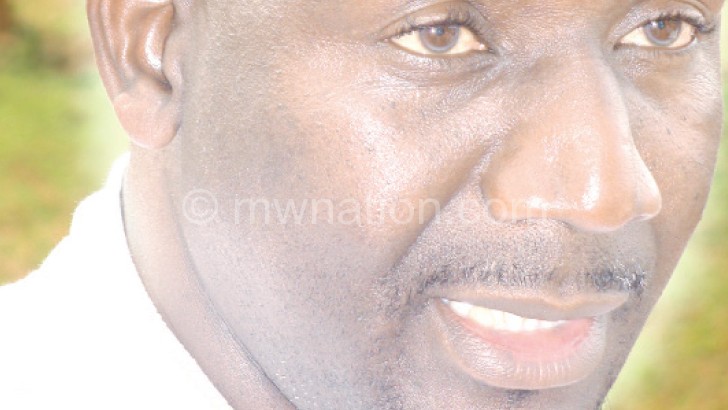TCC unpacks tobacco contract farming
FATSANI GUNYA talks to Tobacco Control Commission (TCC) chief executive officer ALBERT CHANGAYA on Integrated Production System in tobacco, also known as contract farming in tobacco.

Q1
What is your impression of how the public perceives IPS in tobacco?
A1
I think when people look at the word IPS, they look at it in terms of the marketing of tobacco. But in truth, its definition should also be looking at the actual production, the sponsoring of production of the leaf, compliance and afforestation and issues to do with non-tobacco-related materials at the market and so on and so forth. As such, the definition of IPS in its entirety covers many aspects and if people are to understand these aspects, they will appreciate that it is not a bad system, per se. It is actually good.
Q2
Briefly take us through these aspects and their advantages?
A2
For instance, in tobacco production, there are demands by the international community which are to do with health requirements and then there is also the anti-smoking lobby coming in. So, there are so many factors that come into play and these have necessitated tobacco merchants to take control of the whole value chain to trace where and how the tobacco is being grown; Is there any child labour involved or not. They just need to understand the whole system. So, the need to understand the whole system has, may be, necessitated the IPS to be brought in. So, in essence, when a farmer goes into an IPS contract, he or she is trained into these agricultural practices.
On compliance issues, what we are talking about is that there are recommended chemicals that are supposed to be applied to tobacco and if a farmer does not get trained adequately, they might use wrong chemicals, leading to leaf being rejected on the market, and this translates to great loss in revenue to the country. They are also supposed to plant trees to replace those felled in producing the leaf—from barns to curing. This is to ensure sustainability. So, farmers are forced or persuaded in production to use part of their land for afforestation.
Q3Contract farming looks rosy from outside. Are there any ‘thorns’ not seen by the public eye?
A3
Of course, there are challenges within the system in terms of, may be, what goes into the contract. There are currently some variations from company to company in this regard. And all these have to be worked out. As a regulator, we need to standardise what goes into individual contracts with farmers for them to join the system. We have had reports, especially in the just-ended season on tobacco buyers dumping farmers with whom they had contracts come the marketing season.
Q4
What mechanisms are there to protect the smallholder farmer from exploitation?
A4
As TCC, we are setting regulations regarding what goes into the contracts because in a normal situation, when a farmer signs a contract with a merchant, there’s an agreement that the farmer will supply all his/her tobacco to that merchant. And there’s also an obligation that the merchant will buy all the tobacco from the farmer. Therefore, it is a matter of enforcing those rules to ensure that the buyers are not dumping their contracted farmers nor exploiting them.
Q5
Is it time for Malawi to embrace tobacco contract farming?
A5
Malawi is now part of the global village. So, it is not easy to just say ‘we are recommending this or that’ method. As much as we would wish to have a competitive marketing system like what we have had over the years with the auction system, it is also imperative that we take into account the global demands in the production of the leaf, knowing fully that we do not buy the leaf on our own. We rely on exports. So, if the world emphasises on traceability and the only option to do that as a country is through the IPS, then why not adopt and embrace it. As a matter of fact, over 80 percent of the leaf we sell emanates from contract farming.
Q6
So, what is the way forward?
A6
As other stakeholders, including the parliamentary committee on agriculture, have been saying all along, we need to seriously look at the regulations and the legislation of the IPS. We can also have a re-look at the auction system. This is because in both cases, farmers have cried foul over losses. I remember there was a time when the auction system was full of practices detrimental to the farmers’ socio-economic growth and stability; a time when the country was crying for a contract system in tobacco farming to be instituted in Malawi and now the contract farming is finally here. What are we going to do about it? All in all, this should tell us that we need to get the systems well done, well synthesised to the benefit of the small holder farmer. This will, of course, include the whole chain all this is meant to serve. n





